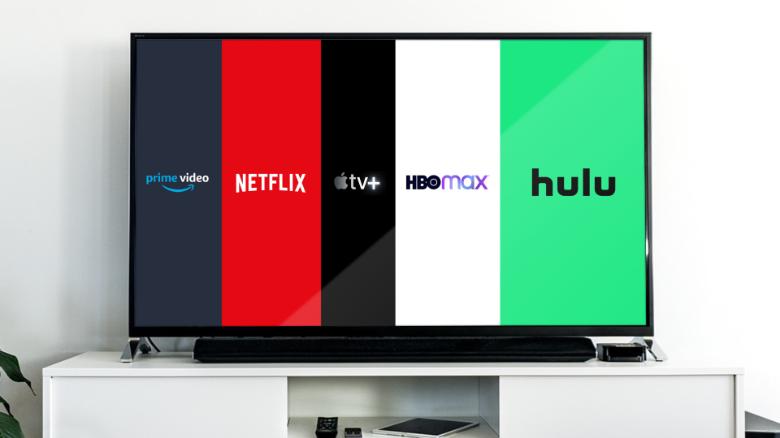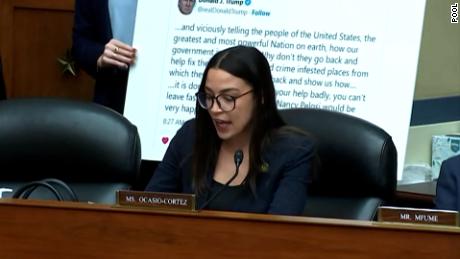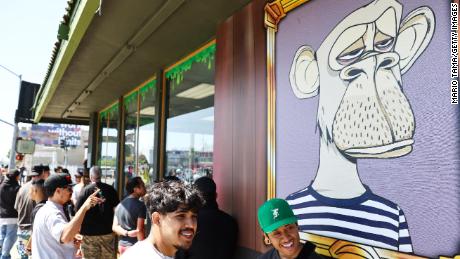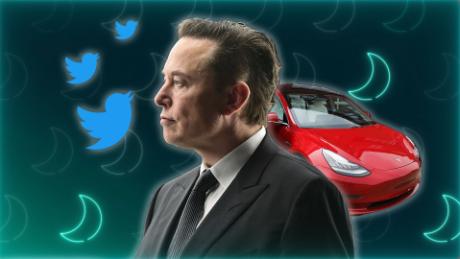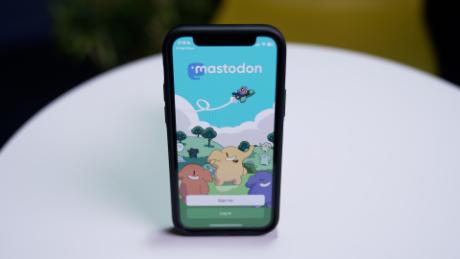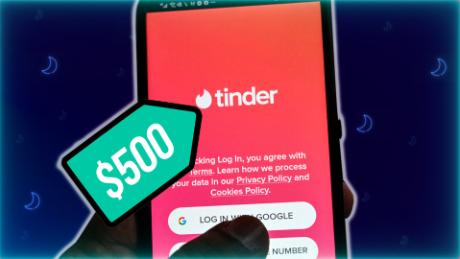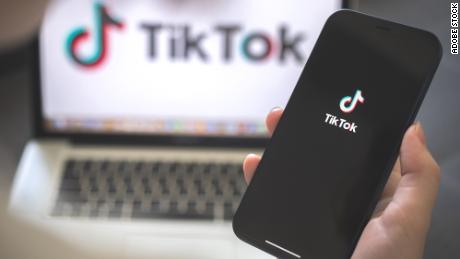J.A. Adande is the Director of Sports Journalism at Northwestern University and a regular panelist on ESPN's Around The Horn. The views expressed in this commentary are his own.
If there is any professional sports league that would start to wean itself away from the cash cow of television, it makes sense that it would be the NBA.
The new NBA TV streaming service was announced last week; it will feature 100 live games per season, original programs and on-demand content at a monthly cost of $6.99. The original network will remain on television and will also be available online to cable and satellite subscribers. It's not the game changer, but it's a sign the game is changing. The NBA is following the path laid out by its fans, who devour every morsel about possible player movement online, yet are not so quick to turn on their television to see the result.
It makes sense that the NBA would go all-in, taking video content online where the league and its social media-savvy players reign supreme. The NBA has 28.6 million Twitter followers, nearly four million more than the NFL. LeBron James' personal Instagram account nearly doubles both of those tallies, with 52.5 million followers. The wild NBA story lines featuring outspoken players, fashion-forward clothing choices and frenetic free agent signings take over social media on a regular basis.
Topping the trending topics on Twitter is one thing, but the league has been losing ground on television, where the NFL is still king. Through the first month of the season, viewership of NFL Sunday games was up 6% over last year. The NBA is coming off a 5% decline in national TV ratings last season, according to Sports Business Daily, and is off to a mixed start this season. While the Lakers' new duo of LeBron James and Anthony Davis has attracted more viewers, injuries to Golden State Warriors star Stephen Curry and heavily hyped rookie Zion Williamson of the New Orleans Pelicans have hurt ratings for their games.
The NBA will never beat the NFL on television ratings. So why not shift the venue? The NBA already has a younger viewing audience than every major American pro sports league except soccer. Shifting online to the world inhabited by Generation Z will drop the demographics even lower.
It will also fill in an aggravating hole for fans who prefer to watch online. While the games broadcast by TNT and ESPN are available online, along with the NBA League Pass collection of out-of-market games, games broadcast on NBA TV were only available on television. Not anymore.
Now there are no remaining barriers to cable cord-cutting for NBA fans. An NBA TV subscription, plus NBA League Pass, plus a streaming package that contains ESPN and TNT (such as Hulu, SlingTV or YouTube TV) would allow a viewer to watch every nationally available game. Online-only viewers are a market segment that is growing, while cable and satellite subscribers shrink.
Other leagues offer online content, but none offer an entire streaming service like NBA TV. The online MLB.TV is strictly games, without commentary or feature programming. The NFL's RedZone online offering only shows Sunday games and highlights, not the same coverage as the NFL Network. Through the NBA TV streaming service, the league is offering all of its NBA TV programming online.
No sports will leave television screens completely, as long as they are tied to gigantic rights deals. Currently Fox, ESPN and Turner are paying Major League Baseball $12.4 billion on contracts that run through 2021. The CBS/Turner deal for the NCAA tournament is worth a total of $19.6 billion through 2032. ESPN and TNT will pay the NBA $24 billion on a contract that expires in 2025. And the NFL is in the midst of getting $27 billion from NBC, CBS and Fox through 2022, plus $1.9 billion per year from ESPN through 2021.
The huge television rights deals have altered the economics of the sports, boosting player salaries and inflating franchise valuations. The traditional networks keep handing over the money because sports are the only reliable way to get viewers (especially men) to watch live television in large numbers.
But there will be a tipping point when declining cable and satellite subscribers make these contracts unsustainable. It's possible that the leagues themselves will hasten that moment by taking their content directly to the consumer through the internet and chipping away at the traditional, lucrative TV model.
The variable that will have a huge impact on both league revenues and viewer experience is if the online content giants want to jump into the bidding. So far Amazon has nibbled around the edges, obtaining online rights for NFL Thursday Night Football, as well as some tennis, soccer and volleyball.
This year's Super Bowl drew a record number of streaming viewers across a variety of platforms, yet they still made up less than 3% of the total audience of 100.7 million. There's no urgent need to change for a league that doesn't embrace it.
But for sports that have a willingness -- and a need -- to shake things up, the time is now. More importantly, for fans in an increasingly consumer choice driven economy, the options are growing more abundant.

